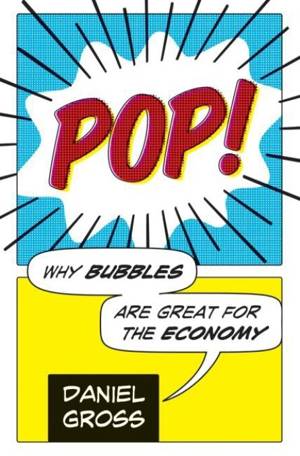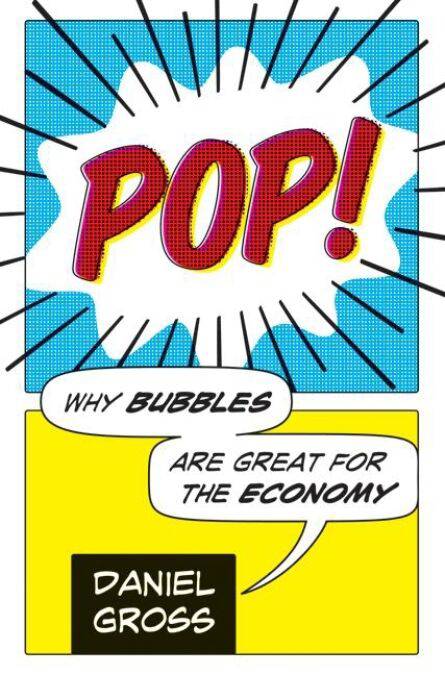
- Retrait gratuit dans votre magasin Club
- 7.000.000 titres dans notre catalogue
- Payer en toute sécurité
- Toujours un magasin près de chez vous
- Retrait gratuit dans votre magasin Club
- 7.000.0000 titres dans notre catalogue
- Payer en toute sécurité
- Toujours un magasin près de chez vous
Description
Bubbles—from hot stocks in the 1920s to hot stocks in the 1990s—are much-lamented features of contemporary economic life. Time and again, American investors, seduced by the lures of quick money, new technologies, and excessive optimism, have shown a tendency to get carried away. Time and again, they have appeared foolish when the bubble burst. The history of finance is filled with tragic tales of shattered dreams, bankruptcies, and bitter recriminations.
But what if the I-told-you-so lectures about bubbles tell only half the story? What if bubbles accomplish something that can only be seen in retrospect? What if the frenzy of irrational economic enthusiasm lays the groundwork for sober-minded opportunities, growth, and innovation? Could it be that bubbles wind up being a competitive advantage for the bubble-prone U.S. economy?
In this entertaining and fast-paced book—you'll laugh as much as you cry—Daniel Gross convincingly argues that every bubble has a golden lining. From the 19th-century mania for the telegraph to the current craze in alternative energy, from railroads to real estate, Gross takes us on a whirlwind tour of reckless investors and pie-in-the-sky promoters, detailing the mania they created—but also the lasting good they left behind.
In one of the great ironies of history, Gross shows how the bubbles once generally seen as disastrous have actually helped build the commercial infrastructures that have jump-started American growth. If there is a secret to the perennial resilience and exuberance of the American economy, Gross may just have found it in our peculiar capacity to blow financial bubbles—and successfully clean up the mess.
Spécifications
Parties prenantes
- Auteur(s) :
- Editeur:
Contenu
- Langue:
- Anglais
Caractéristiques
- EAN:
- 9780061850103
- Date de parution :
- 12-10-09
- Format:
- Ebook
- Protection digitale:
- Adobe DRM
- Format numérique:
- ePub

Les avis
Nous publions uniquement les avis qui respectent les conditions requises. Consultez nos conditions pour les avis.






